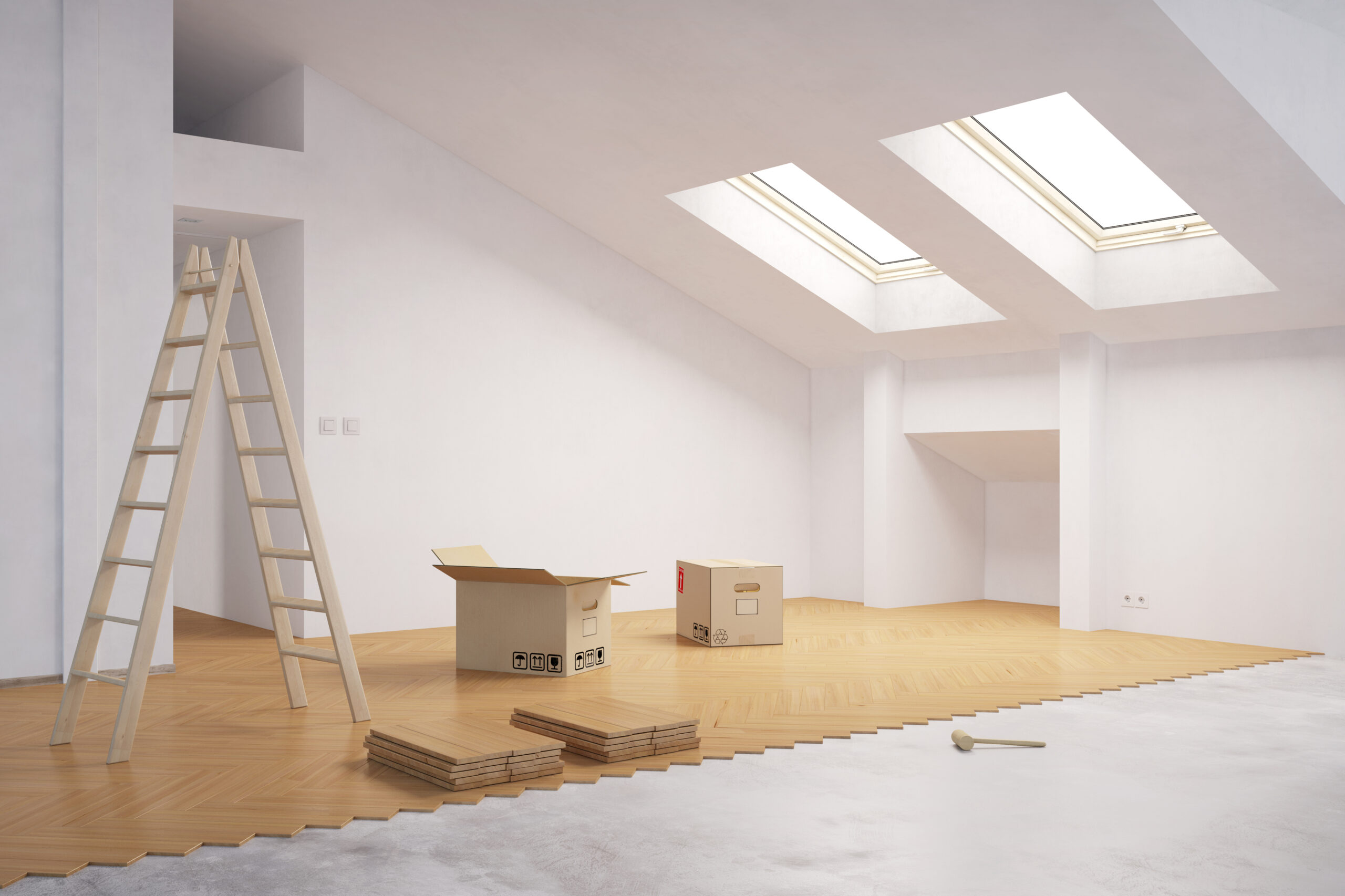
Home insurance policies may or may not cover roof leaks, depending on the cause of the leak and the terms of the policy.
Some policies may cover roof leaks caused by sudden and accidental events, such as a tree falling on the roof or severe weather conditions like hail or windstorm. In these cases, the insurance company may cover the cost of repairing or replacing the damaged roof and any property that was affected by the leak, such as furniture or electronics.
However, if the roof leaks is due to lack of maintenance, wear and tear, or age, it may not be covered by the insurance policy. Homeowners are responsible for keeping their roofs in good condition and addressing any necessary repairs or maintenance.
It is important to review your insurance policy to understand the coverage and exclusions related to roof leaks. If you are unsure about the terms of your policy or have questions about coverage, it is recommended to contact your insurance provider for clarification.
Does homeowners’ insurance cover roof leaks?
Homeowners insurance does typically cover roof leaks, but it depends on the cause of the leak. In many cases, unexpected events like windstorms or hail may be covered by homeowners’ insurance. However, if a roof leak is caused by normal wear and tear or lack of maintenance, then it’s likely not going to be covered by an insurance policy.
Before filing a claim for roof damage, it’s important to check your policy details and determine what type of damages are included. Additionally, some policies may include deductibles that must be paid before coverage starts.
It’s also important to note that some roofs are more prone to leaking than others due to their age or construction materials used. If you live in an area that experiences extreme weather conditions, then it’s even more important to take the necessary steps to maintain your roof.
This includes regularly checking for missing shingles or signs of wear and tear and making any repairs as soon as possible.
Making sure you have adequate homeowners’ insurance is also a must. When looking for a policy, make sure to get one that provides coverage for unexpected events like windstorms or hail, in addition to normal wear and tear. Be sure to read the fine print before signing any contracts as some policies may exclude certain types of damages from coverage.
Lastly, if you’re not sure what type of damage is covered by your policy, contact professional plumber or your insurance provider directly and they will be able to provide answers.
Here are some scenarios that many home insurance policies exclude:
- Damage caused by wear and tear, normal aging, and gradual deterioration is typically excluded from most home insurance policies.
- Home insurance policies often exclude floods or other natural disasters unless the policyholder has purchased additional coverage specifically for those types of risks.
- Homeowners are also responsible for their own losses that result from their intentional acts or criminal activities such as arson or vandalism, which are not covered under a typical home insurance policy.
- Additionally, most policies do not cover any damages resulting from nuclear accidents or war-related events.
- Pets may cause damage to a property, but these damages are usually not covered by a home insurance policy either due to exclusions in the contract or high premiums.
- Damage from pests such as termites and other insects or rodents is also typically excluded from most home insurance policies.
- Finally, many home insurance policies exclude losses resulting from earthquakes, landslides, sinkholes, mudslides, and other geological events unless the policyholder has purchased coverage specifically for those types of risks.
6 Reasons Why You Should Live In The Bay Area
April 10, 2024The Impact of Your Groceries
March 29, 2024Elevate Your Space In Your Forever Home
March 28, 2024
Comments are closed.
-
How Do I Prepare My Home for Replacement Windows?
March 22, 2021 -
Getting Ready For Home Renovations and Extensions
September 7, 2022
Latest Posts
-
6 Reasons Why You Should Live In The Bay Area
April 10, 2024 -
The Impact of Your Groceries
March 29, 2024 -
Elevate Your Space In Your Forever Home
March 28, 2024 -
The Cost Of Clutter: How Junk Impacts Your Finances
March 28, 2024
Recent Posts
- 6 Reasons Why You Should Live In The Bay Area April 10, 2024
- Experience the Benefits of Residential Water Softener Installation April 2, 2024
- The Impact of Your Groceries March 29, 2024
- Elevate Your Space In Your Forever Home March 28, 2024
- The Cost Of Clutter: How Junk Impacts Your Finances March 28, 2024












